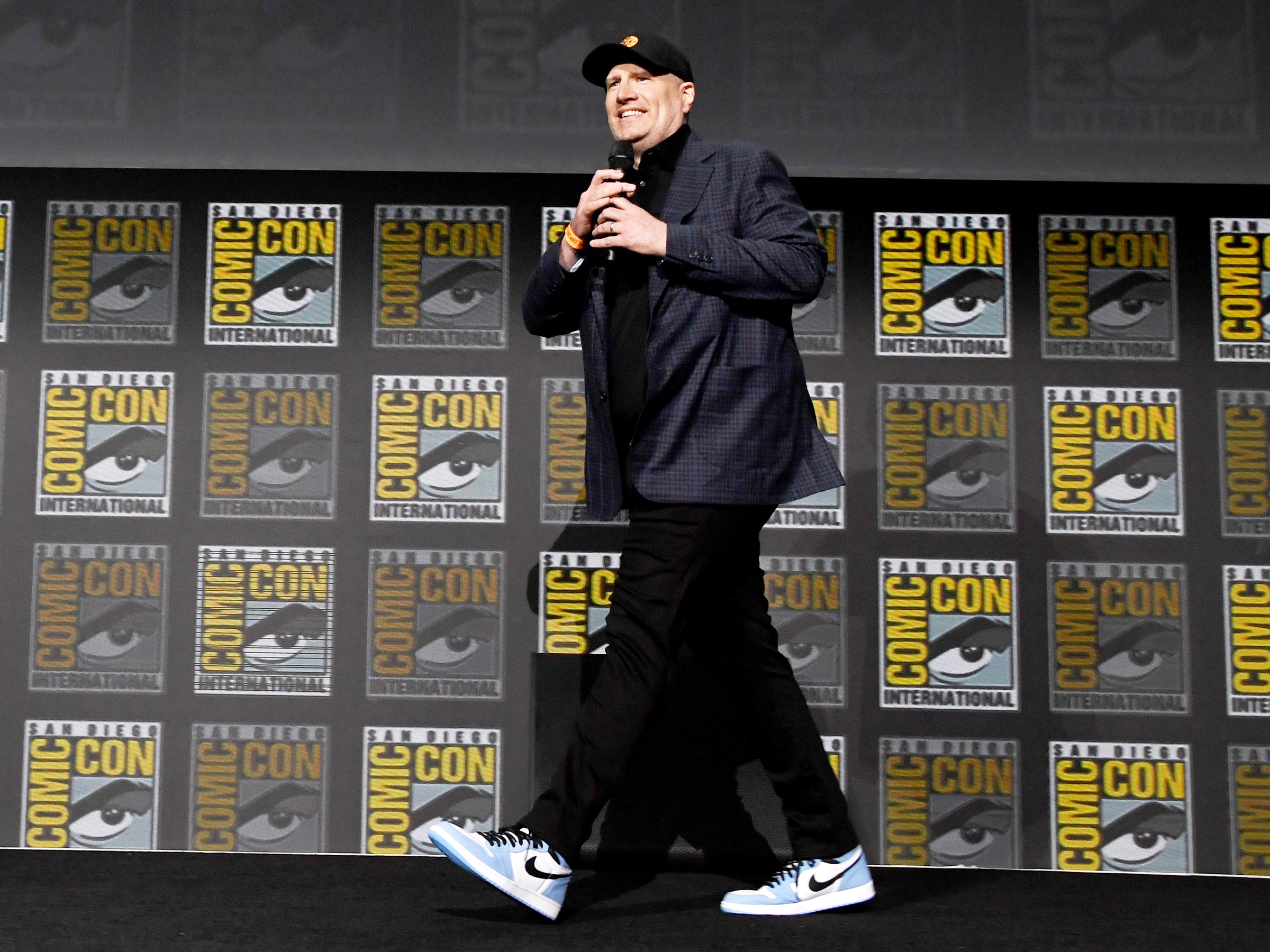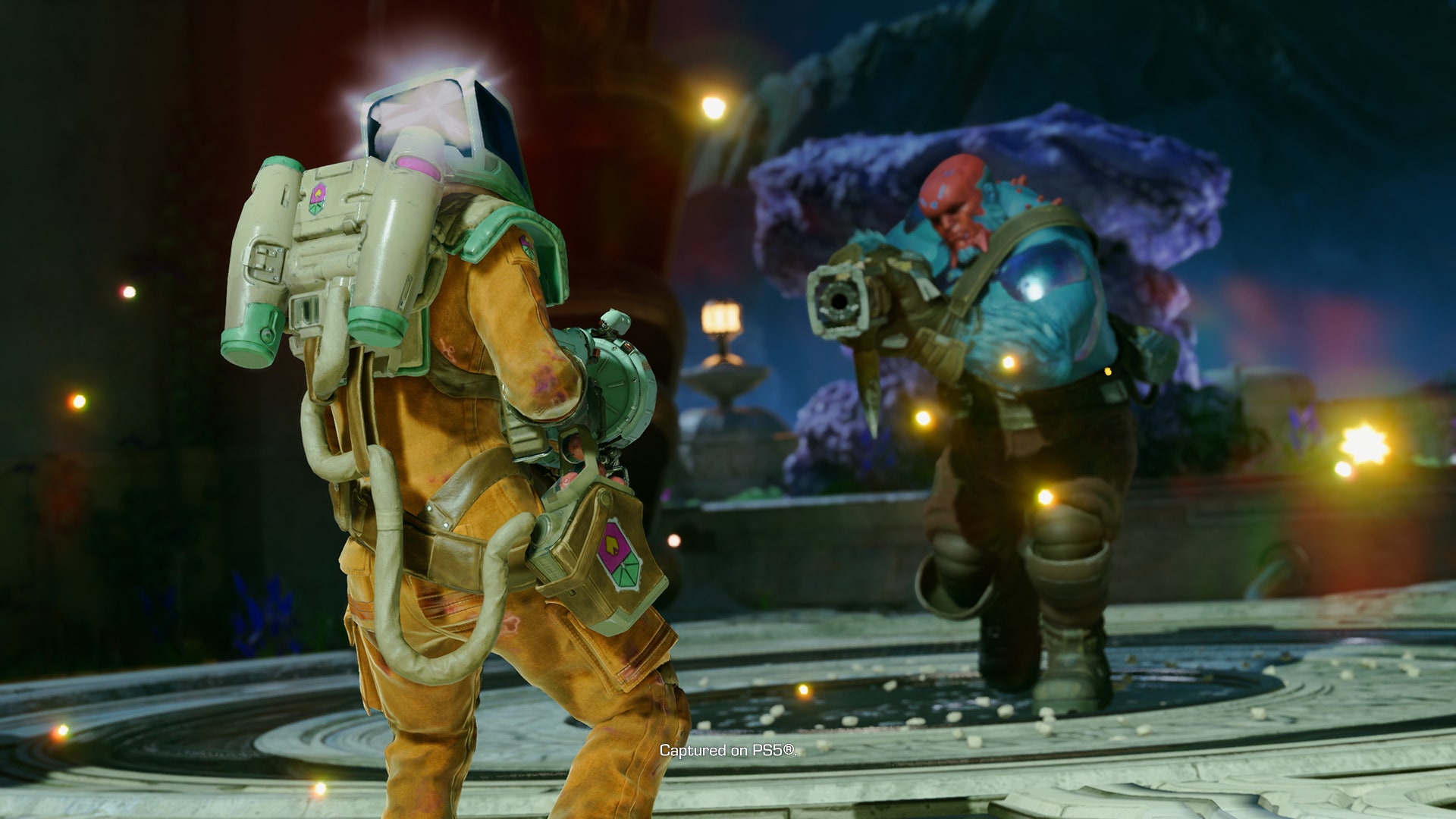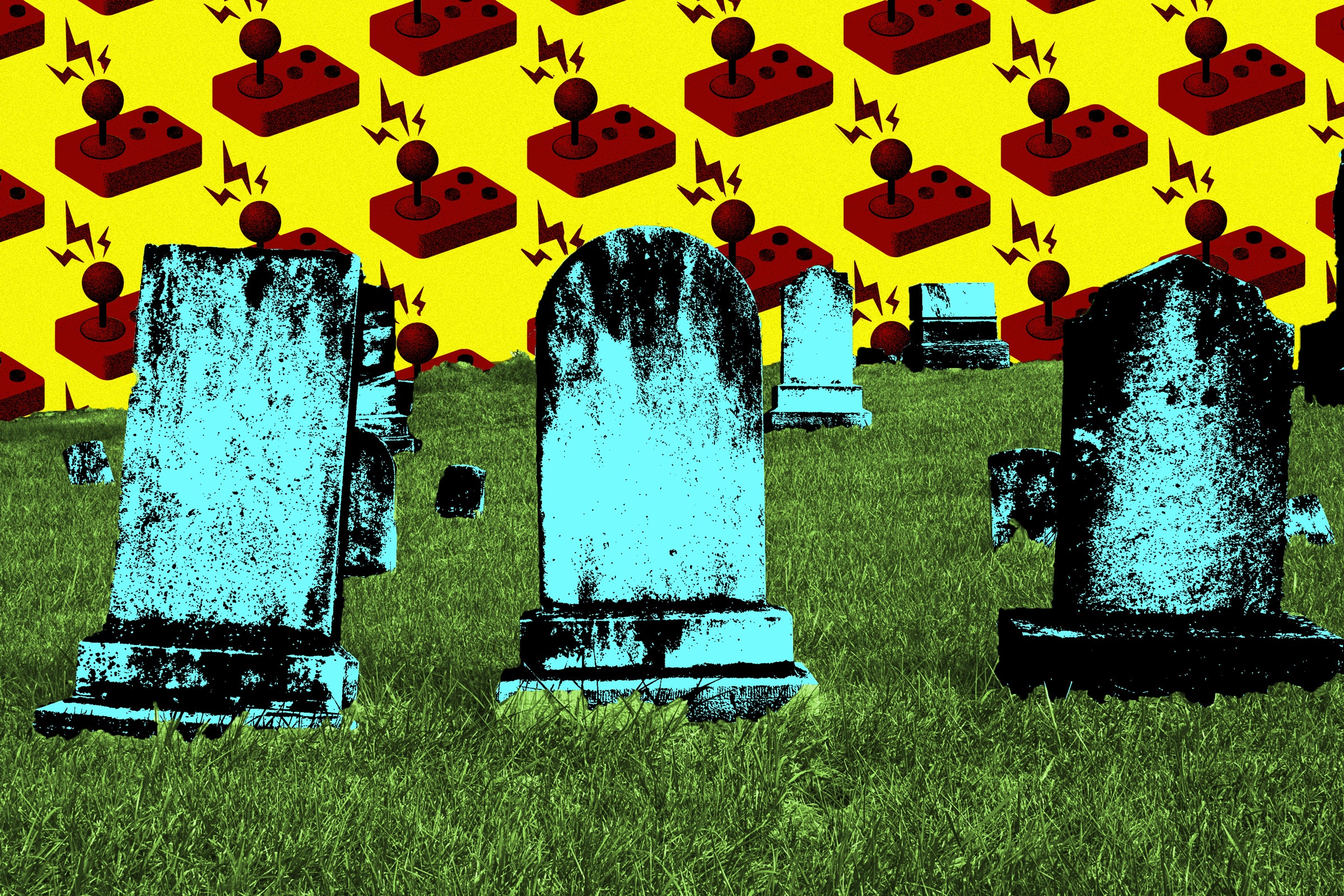This Is the Year Comic-Con Bounces Back

It’s been a long time since Comic-Con International attendees have encountered the convention they once knew. The excitement. The lines. The smell (IYKYK). In 2020 the event was canceled because of Covid-19. The following year there were some special virtual events, but no throngs of fans in cosplay delighted to have found Their People. Comic-Con returned (masked) in 2022, only to have the wind knocked out of its sails last year when Hollywood’s dual strikes rendered the possibility of big panels with A-list stars nil.
This year, Comic-Con has the opportunity to regain its former hype—to be the thing people follow via Twitter, now X. To be the event that gets a surprise guest whose grinning mug ends up all over Instagram and TikTok. There are no strikes; it’s happening the same weekend the year’s biggest comic book movie, Deadpool & Wolverine, opens. The event has sold all of its badges. All systems are go.
By “regaining its former hype,” to be clear, we mean the energy of Comic-Con in the 20-teens. When J.J. Abrams surprised fans with impromptu Star Wars concerts, when Tom Hiddleston walked out in full Loki garb and called Marvel honcho Kevin Feige “mewling quim” while getting 6,000 people to chant his name. When Hall H felt like the Met Gala for us dorks. The years when each convention seemed bigger than the last. The buzz had plateaued by 2019, when Marvel announced Phase 4 and a huge Disney+ slate. “Then the pandemic came and knocked everything out,” says Rob Salkowitz, author of Comic-Con and the Business of Pop Culture. “Then we’ve had these last couple of weird years. Honestly, this year is gonna be the test.”
What constitutes passing or failing that test, though, is a matter of some debate. When the Hollywood actors and writers strikes led to a subdued Con in 2023, some pontificated that Comic-Con was going back to its roots, or back to “normal.” On one hand, that meant it was going back to what it was like before Covid-19 and the chilling effect it had on big, in-person gatherings. It also meant that, without big celebs distracting people from the artists’ signings and merch-buying happening on the show floor, the convention could return to being a gathering place for people who just wanted to buy some comics or propose to their partner while wearing Red Hood cosplay.
For the Hollywood studios that bring all those bold-faced-name actors and exclusive footage, though, it also means regaining the attention and affection of fans who haven’t been flocking to see superhero movies as much as they used to, who might be a little burned out on needing Disney+ and Max subscriptions to keep up with their favorite caped crusaders.
Following shakeups at Warner Bros. Discovery that left projects like Batgirl on ice and some box office disappointments for Marvel, the studios “need a win,” says Miro Copic, a marketing professor at San Diego State University. Studios didn’t come out looking like champions of the people during the Hollywood strikes, he adds, and showing up at Comic-Con and giving fans some surprises would be an “opportunity for a little rehabilitation.”
What often gets lost in the hoopla around Comic-Con is that it’s run by a nonprofit. It’s important to organizers that the event do well so that, frankly, they can do more events, but it doesn’t need to make money, and as long as fans are pleased—whether by Hall H panels or just picking up a Todd McFarlane autograph—the show is a success. Comic-Con International, the organization behind Comic-Con, went into 2020 with roughly $25 million in reserves, and that money got them through the lean years. Perhaps even less than the studios, the organization could use a hit, Salkowitz notes, but it may not need it.
Going into this year, organizers were “looking forward to having a normal year—normal being relative, of course,” says David Glanzer, Comic-Con’s chief communications and strategy officer. I’d asked him whether organizers were looking to make a bigger splash this year to recover from a couple of wobbly years at the start of the decade—a notion he pushed back on. The event features some 2,000 hours of programming, he noted, and each year includes a range of offerings from big Hall H movie cast announcements to exclusives from toy manufacturers. This one would continue those traditions, he said.
“There are often surprises at Comic-Con and this year will be no different,” Glanzer says. “We are fans ourselves. We put on the type of convention that we would like to attend.”
That’s all well and good, but it also might make Comic-Con the last of a struggling, if not dying, breed. Fan conventions were finding it tough to stay juiced even before the pandemic. In the years after, events like the video game expo E3 fell by the wayside. Other gatherings, like Summer Game Fest, have picked up some of the slack, but now that companies can stream their own announcements on platforms like YouTube and Twitch, the need to go to industry events is smaller. Disney, home to Marvel and Star Wars, also has its own in-person convention—D23—and when Covid-19 derailed Comic-Con, DC launched its own virtual event: DC FanDome. (It petered out once in-person gatherings reemerged, though.)
There are also persistent rumors that Comic-Con could one day not be San Diego Comic-Con at all. Talk circulates frequently that the event could move 120 miles north to Los Angeles, closer to the studios that host the big panels. Earlier this month, Forbes reported that while the convention is likely to stay in San Diego at least through 2025, the high rates that hotels charge attendees could lead organizers to reconsider. “If attendees opt not to come because they can’t afford to stay at a hotel here, they’ll go to another convention,” Glanzer told Forbes. “If that starts to happen, the studios won’t be able to make as big an impact, and it becomes a downward spiral.”
Which brings us back to what kind of impact the studios might make this year. Marvel is reportedly coming back and planning to trot out Ryan Reynolds and Hugh Jackman to celebrate the release of Deadpool & Wolverine. They could also shake things up by making almost any announcement about next year’s Fantastic Four movie, starring Pedro Pascal. The Boys and Lord of the Rings: Rings of Power will be in Hall H. Max’s The Penguin is getting a panel. So is Doctor Who. Right now, it’s the studios themselves that need the reboot, Copic says, and “this is a great year for a reset.”
Ultimately, it’s about whether or not fans continue to want what Comic-Con offers. The Gen Xers and beyond who still remember the good old days won’t be going forever. Organizers have been smart in their ability to offer programming for those who grew up in online forums rather than comics shops, but both groups need reasons for repeat visits. Without the buzz of years past, the event may never again go viral.



